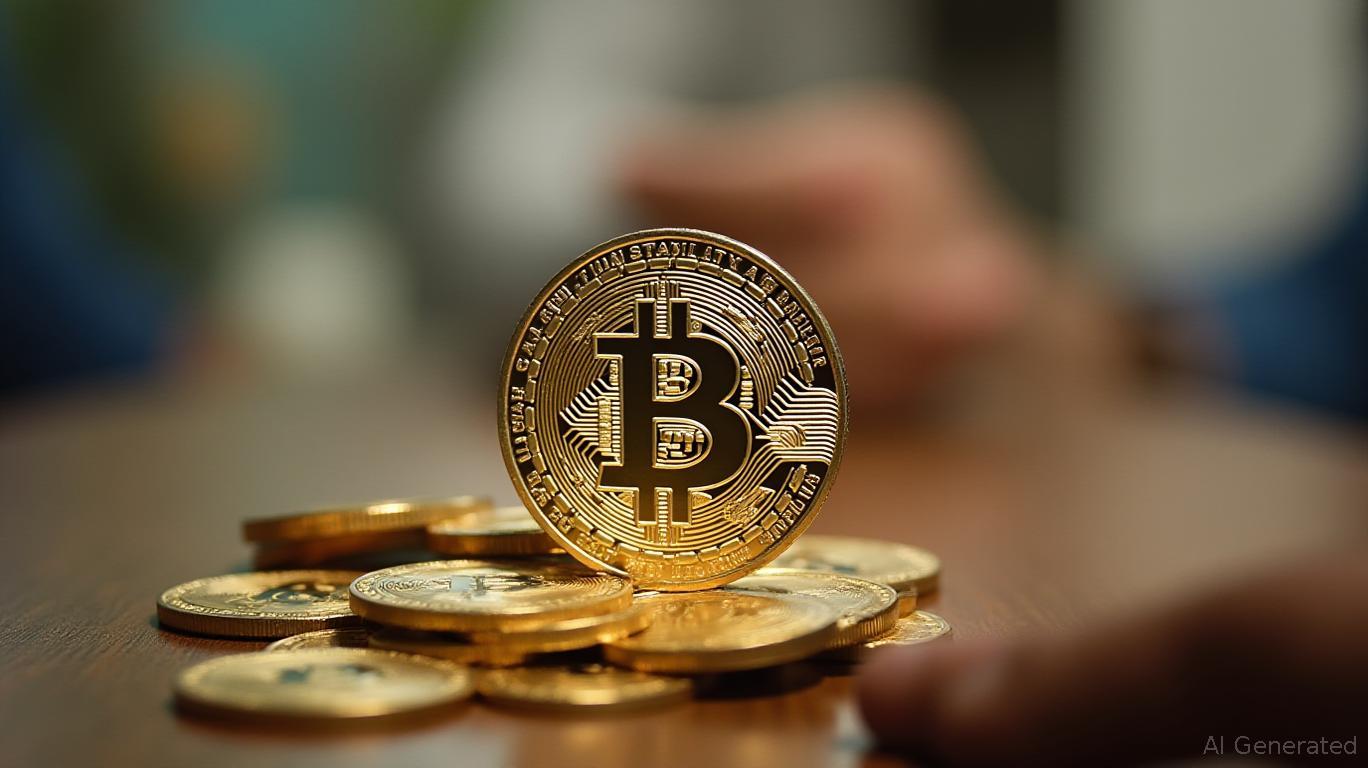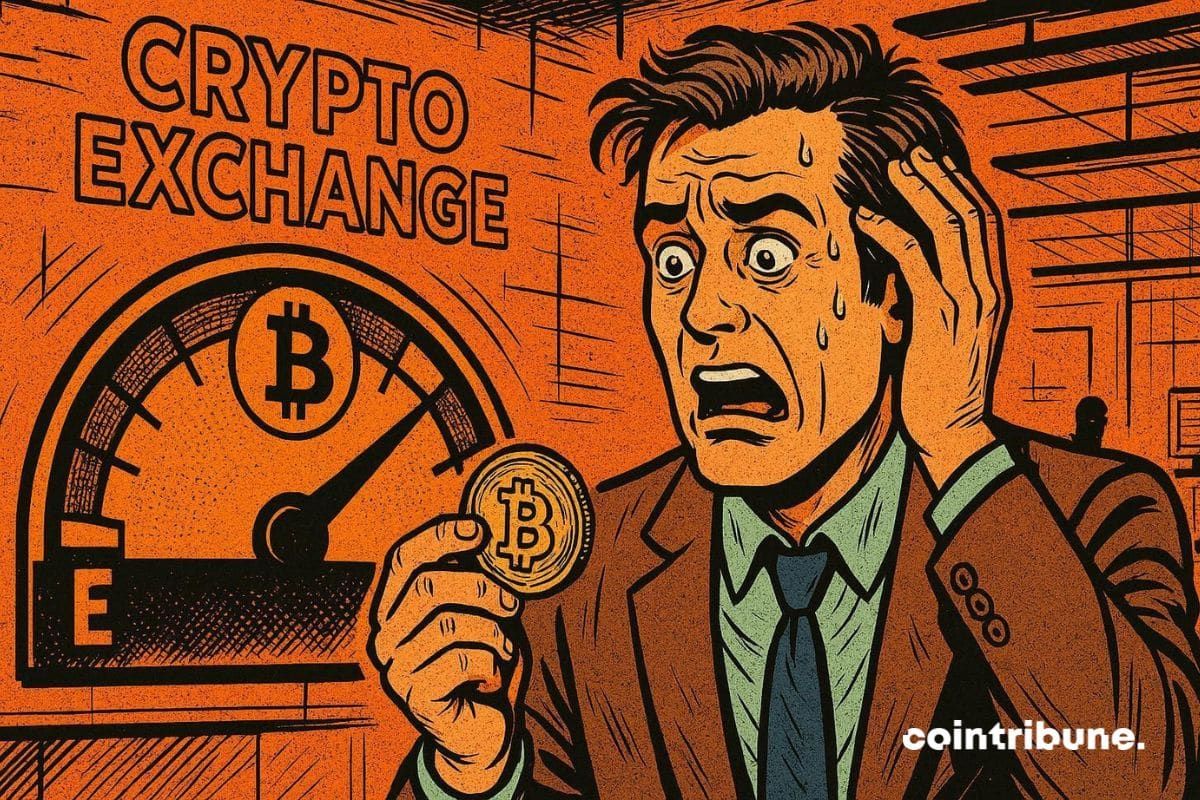Bitcoin News Today: El Salvador's Bitcoin Experiment Shifts from Mandate to Market Choice
- El Salvador shifted Bitcoin from mandatory to voluntary merchant use after IMF discussions, while maintaining national reserves and digital infrastructure. - Government holds ~6,280 BTC ($721M) via daily purchases since 2022, but most citizens still prefer cash despite Chivo wallet and Bitcoin ATM initiatives. - Critics highlight lack of transparency, limited financial inclusion, and uneven benefits favoring government-aligned businesses over broader economic gains. - CNDA regulates crypto operations wit
El Salvador’s adoption of Bitcoin as legal tender in 2021 has continued to evolve, even as the country faces shifting regulatory and political landscapes. Following recent talks with the International Monetary Fund (IMF), the government has announced that the use of Bitcoin is now voluntary for merchants, marking a shift from its earlier mandatory implementation. However, Bitcoin remains active within the national financial framework, with the government continuing to build its own reserves and promoting digital asset infrastructure.
Since the initial adoption of Bitcoin, El Salvador has acquired a total of approximately 6,280 BTC, valued at around $721 million, as of late August 2025. This accumulation aligns with President Nayib Bukele’s policy of purchasing one Bitcoin daily since late 2022. The country’s national digital wallet, Chivo, and the rollout of Bitcoin ATMs were part of an initiative to promote adoption among the population. However, studies have shown that the majority of Salvadorans have not engaged with the cryptocurrency for transactions, with cash remaining the preferred medium of exchange for most [2].
Despite the government’s push for Bitcoin integration, critics have raised concerns about the lack of transparency in how public funds are allocated for crypto-related initiatives. For example, the implementation of the Bitcoin policy has not improved financial inclusion or significantly reduced the remittance costs for Salvadorans living abroad. Additionally, some researchers have noted that the initiative has disproportionately benefited well-connected businesses aligned with the government, rather than delivering broad economic gains for the general population [2].
The recent decision to make Bitcoin use voluntary for merchants follows broader discussions with the IMF and reflects an effort to address external concerns about the country’s economic management and monetary policy. While the government continues to promote digital assets, the shift from mandatory to voluntary adoption allows businesses to choose whether they engage with Bitcoin, based on their own operational needs and consumer demand.
In the broader context of cryptocurrency regulation, El Salvador remains a unique case. The country’s regulatory body, the National Commission of Digital Assets (CNDA), continues to oversee the licensing and operation of crypto businesses, ensuring compliance with anti-money laundering (AML) and know-your-customer (KYC) requirements. Startups and established businesses seeking to operate in El Salvador must register with the CNDA and adhere to a set of regulatory standards, including financial stability checks and reporting obligations [1].
The CNDA’s oversight extends to a variety of digital assets, not just Bitcoin, allowing businesses to operate within a flexible yet regulated framework. This approach has attracted entrepreneurs seeking to leverage El Salvador’s progressive stance on digital currencies, despite the challenges posed by evolving regulations and public perception [1].
While El Salvador’s regulatory environment offers opportunities for crypto businesses, it also highlights the complexities of integrating digital assets into national economies. As the global regulatory landscape continues to evolve, El Salvador’s experience serves as a case study in the intersection of innovation, governance, and economic development in the digital age.

Disclaimer: The content of this article solely reflects the author's opinion and does not represent the platform in any capacity. This article is not intended to serve as a reference for making investment decisions.
You may also like
Analyst: PORT3 hackers profited $166,000
Bitcoin : The Fear Index Reaches Record Levels — A Technical Rebound in Sight?

Bitcoin Slides Below $84K Amid Record Outflows, NFCI Signals Potential December Rally
